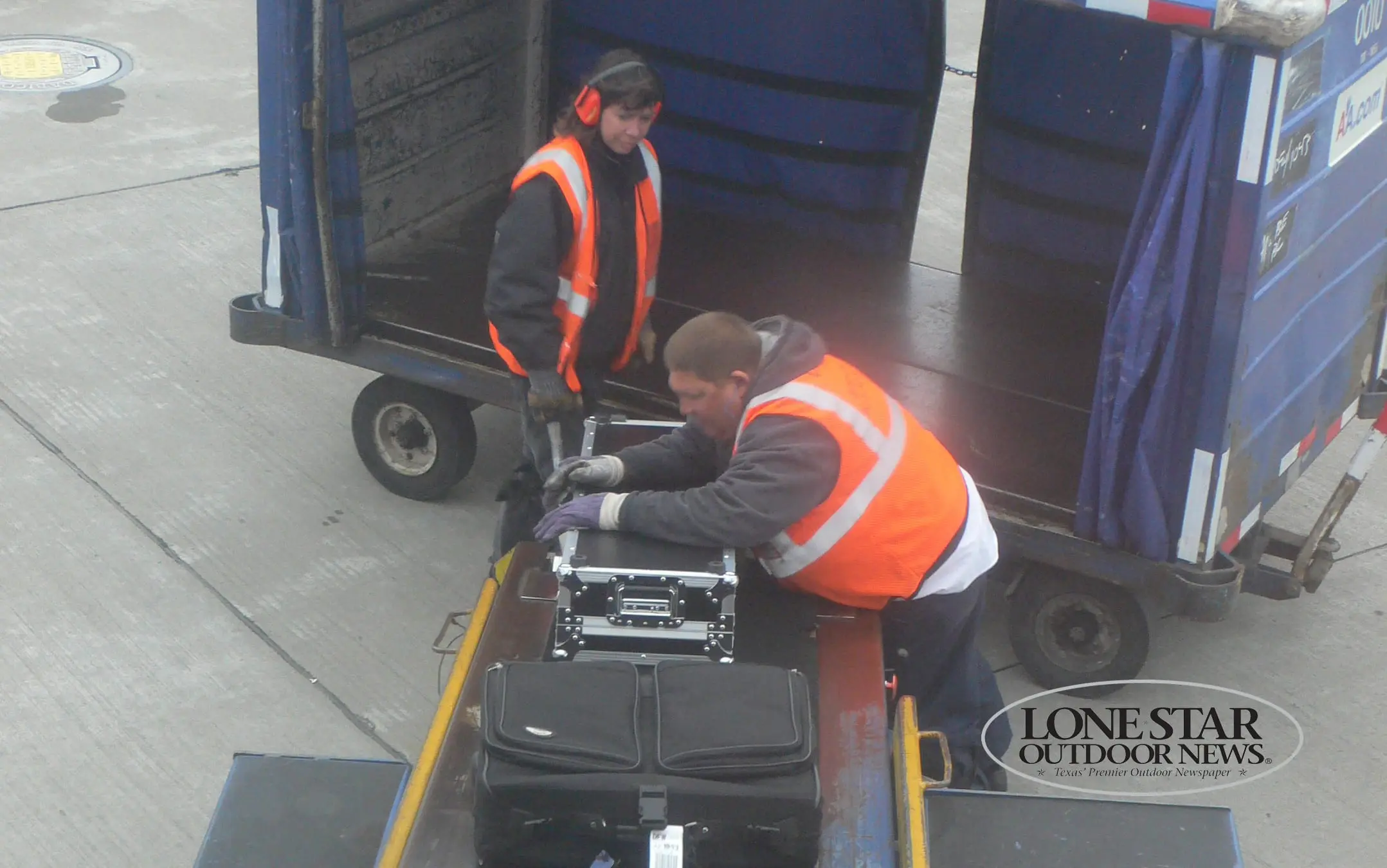Written by the office of U.S. Senator John Hoeven
U.S. Senator John Hoeven, chairman of the Department of Homeland Security Appropriations Committee, today announced that the U.S. Customs and Border Protection (CBP) will no longer require U.S hunters traveling internationally to obtain an IRS identification number in order to bring personal weapons on hunting trips outside the U.S.
At a meeting early Wednesday with U.S. CBP Commissioner R. Gil Kerlikowske, Hoeven secured a commitment from the agency to return to the paper process used by international hunters for years, while updates are made to the automated reporting system for exporting weapons. Kurlekowske said the agency’s web site would be updated later today.
“Hunters should not have to register as a business with the IRS in order to bring their weapons and ammunition on international hunting trips,” said Hoeven. “This is an unnecessary and burdensome requirement on law-abiding citizens. We appreciate that CBP has recognized this and will return to their original forms for international hunters, while they update their automated system to recognize the difference between a commercial exporter and a sportsman traveling on a hunting trip to Canada or another country.”
CBP recently began enforcing regulatory changes from 2012 requiring U.S. hunters to comply with commercial export requirements when transporting firearms outside the U.S. for personal use. Under these requirements, in order for a U.S. hunter to take personal weapons to another country temporarily, the individual would have to register the weapon in the Automated Export System (AES) and provide a transaction number to CBP.
The AES is designed for commercial exporters and requires all users to obtain an Employer Identification Number (EIN) from the IRS in order to access the system. CBP has acknowledged that forcing hunters to obtain an EIN is not appropriate.
Under the agreement reached this week, the agency will allow international hunters to use the original paper process while CBP works with the Department of State on an appropriate long-term solution.


